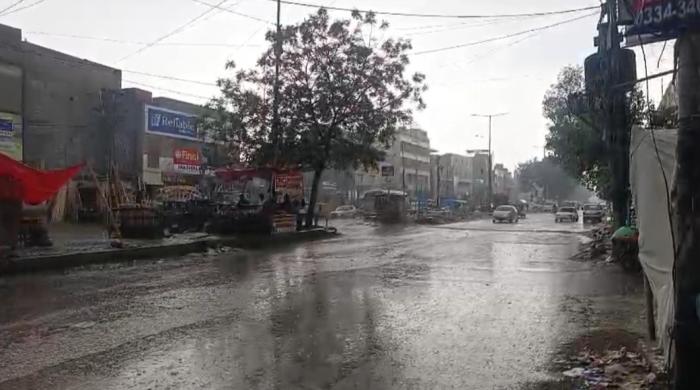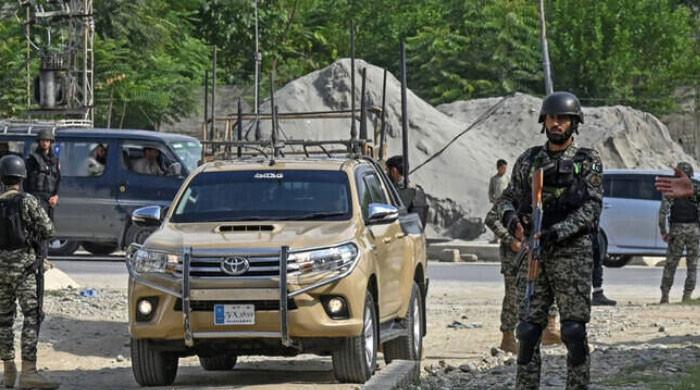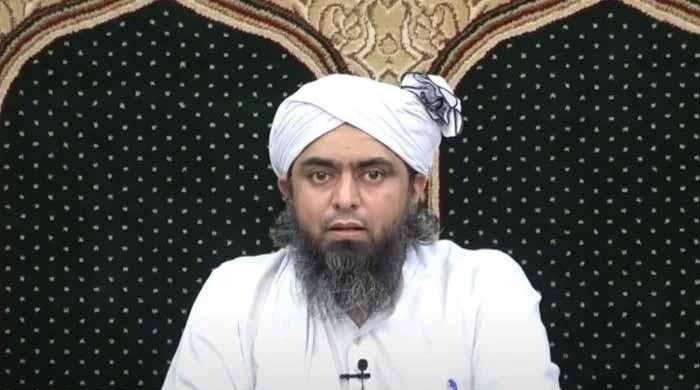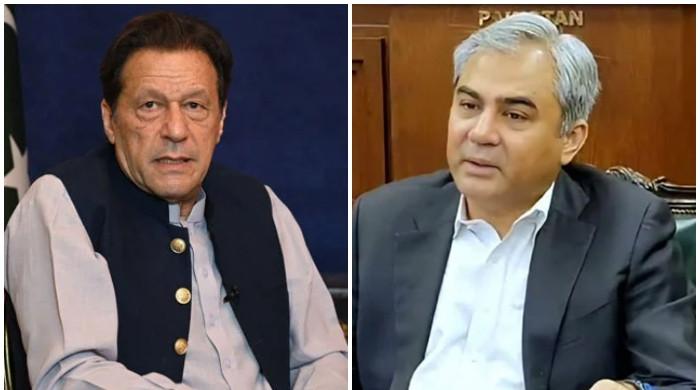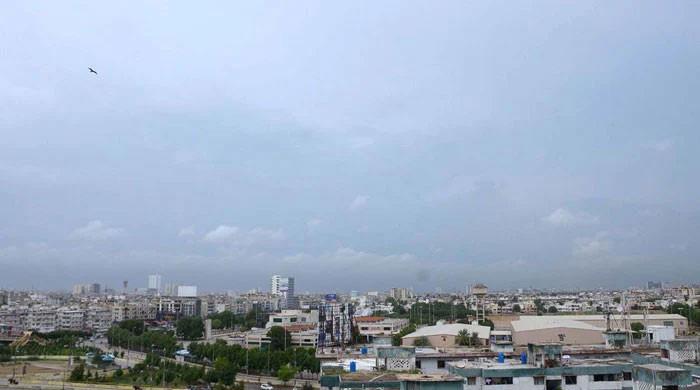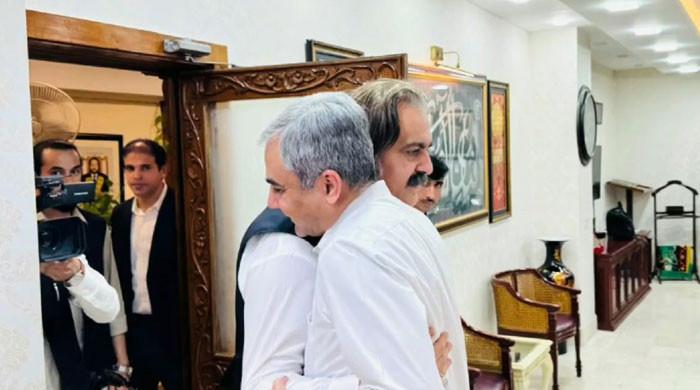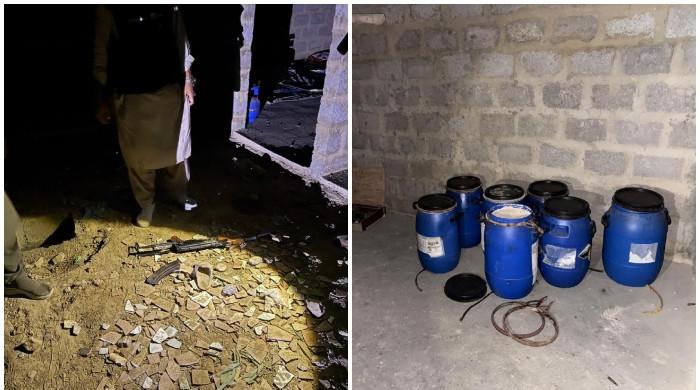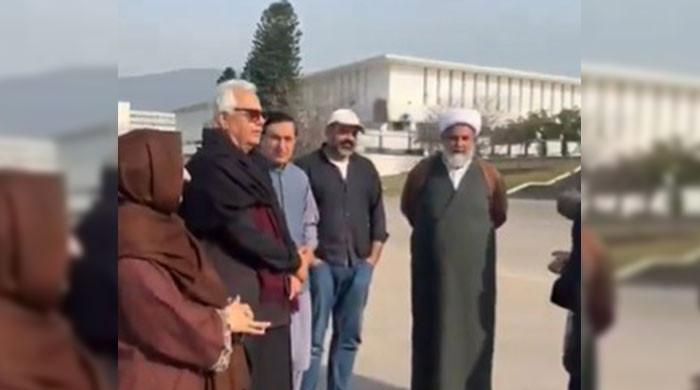Will Murtaza Wahab's mayoral powers differ from his predecessor Wasim Akhtar's?
Traditionally, MQM has ruled Karachi for decades, while PPP has ruled Sindh for three consecutive tenures
July 03, 2023
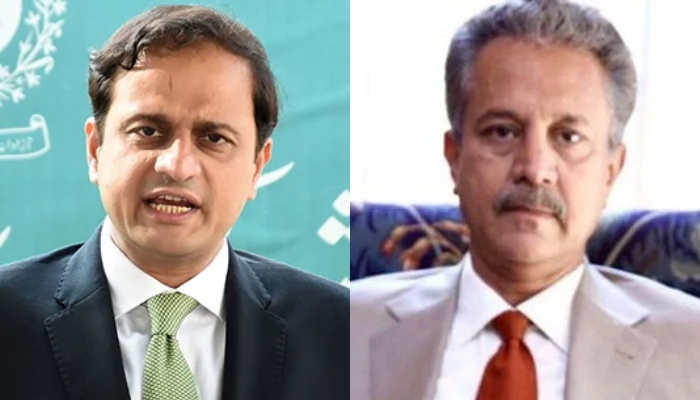
Murtaza Wahab last month became the first elected mayor of Karachi from the Pakistan Peoples Party (PPP). Before him, the Muttahida Qaumi Movement-Pakistan’s (MQM-P) Wasim Akhtar held the portfolio for the position.
In the past, the two political parties have always been at loggerheads over the coveted mayoral powers in the port city.
Traditionally, the MQM has ruled Karachi for decades, while the PPP has ruled Sindh for three consecutive tenures.
However, in the 2018 general elections, there was a political upset in Karachi as the Pakistan Tehreek-e-Insaf (PTI) won a majority of the constituencies of the national and provincial assemblies, outnumbering the MQM.
In the upcoming general elections, there is no impediment to the PPP forming its government in Sindh, and there seem to be bright chances for the MQM to regain its lost control over the city.
However, even if the MQM won provincial and national assemblies’ seats in the upcoming elections from Karachi, it would have no representation in the local councils of the city, as it had boycotted the local government elections.
The MQM’s arch-rival Jamaat-e-Islami (JI) and the PTI filled the vacuum the MQM’s boycott had created; however, the PPP easily secured the highest number of union committees in Karachi.
While there is a consensus among the JI, PTI and MQM over mayoral powers and the Sindh Local Government Act (SLGA), 2013, and its amended version of 2021, all these parties have failed to form an alliance against the ruling PPP.
This has always given an advantage to the PPP. However, this time, when the PPP has its own mayor for the city, the party has given slightly more powers to the elected KMC City Council.
The SLGA’s revised Schedule II talks about the functions to be performed by the metropolitan corporation and municipal corporation.
It is pertinent to mention here that the province's capital, Karachi, has a metropolitan corporation, while all other urban cities have a municipal corporation.
The KMC City Council will have functions of planning, development and maintenance of inter-district roads, bridges, street lights and stormwater drains.
The mayor, on the other hand, will be responsible for the coordination, monitoring and supervision of all inter-district development/maintenance work in the city.
Moreover, the mayor or the City Council will also be responsible for maintaining abattoirs and cattle colonies to be specified by the government.
The Zoological Gardens, Safari Park, aquarium, sports complexes and beaches are also under the City Council.
The City Council or the mayor is to control art galleries, museums and metropolitan libraries under its administrative control. They have a municipal watch and ward function, and they are also supposed to provide firefighting services.
Furthermore, the civil defence and traffic engineering functions also lie with the KMC.
They are also supposed to look after the milk supply schemes. They are supposed to control land owned by metropolitan corporations and ensure the removal of encroachments from properties owned by the metropolitan corporation.
The mayor is also responsible for celebrations of national days.
As per the SLGA’s Schedule II, the mayor is supposed to look after the reception of foreign dignitaries and distinguished guests in the city. He is supposed to provide protection against stray animals and animal trespass, and establishment of cattle pounds in the city.
The mayor is to regulate or prohibit the establishment of brick kilns, potteries and other kilns within the residential areas. The KMC City Council could be tasked with any other function which the provincial government assigns.
The KMC, however, traditionally does not perform all these functions.
Things might change as the PPP has its own mayor in the City Council. Managing the mega development schemes has always been with the Sindh government.
The KMC could maintain abattoirs and cattle colonies under the law, but they are largely managed by the Malir DMC.
This time the DMC has been devolved into towns, so it is to be seen which town will take over this function.
Similarly, the KMC’s function of coordination, monitoring and supervision of the inter-district development is carried out by the Sindh local government department.
The civil defence function of the KMC is managed by the Sindh home department, the traffic engineering function lies with the transport department, and regulations related to milk rest with the Karachi commissioner and the price control department with the provincial government.
The regulation of kilns for bricks, pottery and other purposes is carried out by the Sindh Environmental Protection Agency, also formerly under the Sindh government.
Throughout his tenure, the MQM’s mayor, Akhtar, cried over not having complete jurisdiction even for the functions he had as per the law.
It is, however, to be seen whether the PPP’s own mayor will get all these functions in practice.
In the tenure of the last LG, the mayor had no authority over the city’s solid waste, water and sanitation. This time the mayor is the divisional head of the Sindh Solid Waste Management Board (SSWMB), as well as the Karachi Water & Sewerage Board (KWSB).
According to the new SSWMB Bill, 2021, approved by the provincial assembly, there will be six divisional boards of the SSWMB: Karachi, Hyderabad, Mirpurkhas, Sukkur, Shaheed Benazirabad and Larkana.
The mayors of these divisions will be chairmen of their respective boards.
The catch is that there will be a steering committee over all these boards headed by the LG minister. The mayor of every divisional board will look after the operational aspects of the SSWMB, while the policy and financial aspects will be under the steering committee.
The KWSB’s board is also likely to follow a similar structure.




